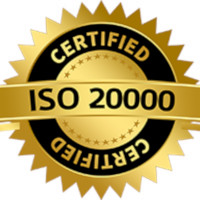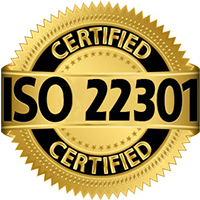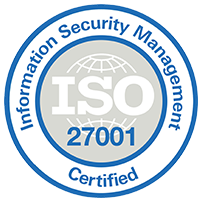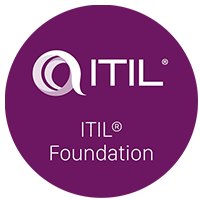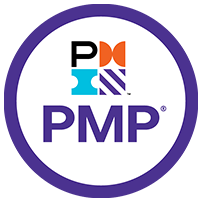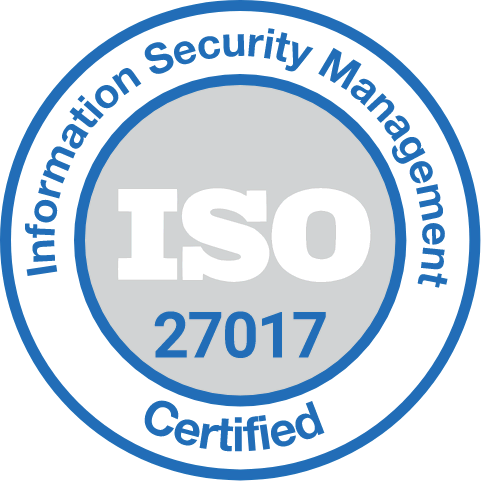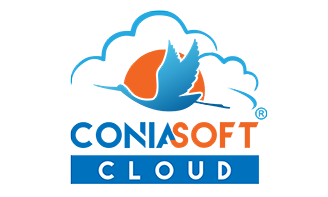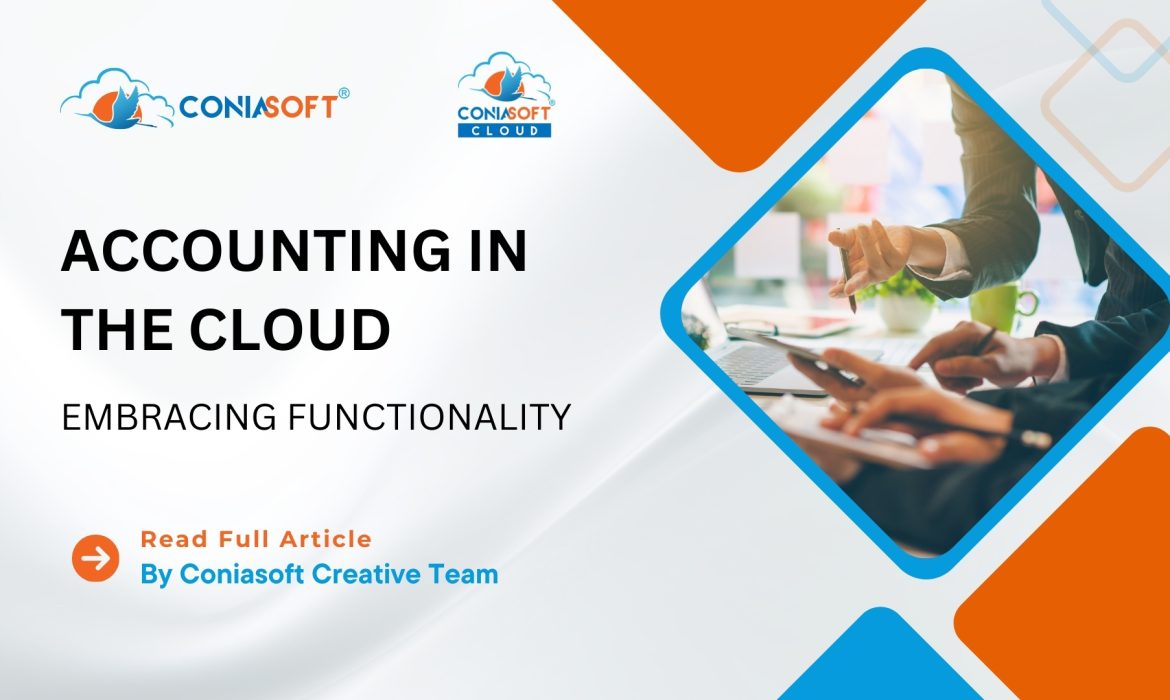Accounting programmes that operate on the cloud have been available for some time. When properly applied, these help our clients catch up to their rivals and advance their companies. Despite the many advantages of cloud-based technology, not all businesses have adopted them. Smaller and medium-sized enterprises frequently inquire about the price of the software because, in most cases, it is a recurring subscription fee rather than a one-time cost when buying off the shelf. Others are concerned by the idea that their information is out of their hands and is sitting up there in a cloud. While these worries are understandable, we’ve seen that SMB owners may entirely flip the switch by filling the knowledge gap by consulting with one of our BDO business consultants or attending training events.
Every conceivable angle of adopting cloud-based accounting software has been covered in writing. After all, programmes like Xero have been around for a while. But because of how the pandemic has affected the entire planet, it is an excellent time to consider the big picture. Most firms now operate differently as a result of COVID-19, and consumer behaviour has changed dramatically and is currently stabilising as we enter the “new normal.” on truth, many firms were well-prepared to handle the shutdown period because of the availability of really effective accounting software on the cloud. Integrating future-proof accounting solutions that return your time and energy to the areas of your company that need it is more crucial than ever. Taking steps today to increase efficiency wherever you can will help your company survive and grow.
Advantages of cloud accounting in the current economic climate
A solid, practical cloud-based application was a welcome tool for many organisations during the pandemic. In reality, this period brought out its most essential qualities:
- Working from any location as long as there is an internet connection
- Accessibility from other mobile or personal home devices, independence from desktop applications, and no dependency on office backup files
- Proven dependability & security with few (if any) access concerns, even at the busiest times
- Features that have enabled us to operate more efficiently. For example, automating repetitive tasks, document filing within the software, and integrating with other apps, freeing us up to focus on running the business (or taking care of our customers).
- Real-time data is at our fingertips to assist us in comprehending the financial status of the company and base important decisions on this data.
These concepts are further discussed below.
Making Informed Decisions
Critical characteristics of cloud-based accounting software include maintaining your programme current, regularly reconciling transactions, and accessing timely and accurate information. You can make better decisions about your next best moves by accessing facts. Additionally, effective software has to provide customisable reporting features that are both standard and can be tailored to your company’s needs. This enables you to quickly and precisely view the pertinent information you require. Let’s say you’re thinking about expanding, for instance, and you need to know where you stand financially. In that instance, you can evaluate specific KPIs, compare profit and loss, and present your findings to support this choice.
Memory and automation
What we’re genuinely emphasising when it comes to efficiency is time and energy conservation. Tools that facilitate automation and memorisation are crucial in this regard. Some accounting software, such as Xero, can review past transactions and spot patterns, memorising information and automating the reconciliation of past transactions. Even better, they can take over and automate email invoice delivery by spotting repetitive invoices sent to the same provider. This frees up your time so you can invest it in other parts of the firm instead of reconciling accounts or sending out invoices. Time is money, and it takes time to learn about your finances. This is particularly true for one-person bands and small-to-medium businesses that lack an accounting department. When using cloud-based accounting software, the time allocated for manual tasks is often reduced.
Including external players in the integration
Integration not only optimises how your company interacts with outside parties, but it also makes sure you finish essential duties. For instance, using correctly integrated accounting software, you can send GST returns to the IRD at the touch of a button. Additionally, the software will precisely compute the refund for you, making GST tracking simple. You avoid all manual filing, eliminate duplicates, and almost eliminate human mistakes from the procedure. This establishes a financial hub where everyone working for the company may locate pertinent financial data.
Sustainability and auxiliary software solutions
By their very nature, cloud-based programmes are entirely sustainable. They enable businesses to make the switch to a paperless environment. Business owners may incorporate technological solutions into every element of their company and turn it into a well-oiled machine by adopting this paperless, cloud-based procedure. Alongside accounting software, various ancillary programmes enable cross-platform automation and the development of targeted, business-relevant data that doesn’t need to be printed on paper. Project management tool Workflow Max, created by Xero, keeps track of client jobs and employee timesheets and displays this information in customisable digital reports.
Remote access
Business owners may examine their financial information from anywhere and on any device with the help of programmes like Xero. This benefit was especially apparent during a lockdown because working from home allowed many enterprises to continue operating from various places.
Using cloud-based software holistically
The cloud is the way of the future to look ahead. Small and large enterprises would stay caught up if they started utilising cloud-based solutions. This is especially true in a world where a pandemic has permanently altered everything. Making your organisation simple to deal with also encourages consumer interaction and increases the longevity of your business. These advantages, however, are only accurate if the apps are adequately integrated with skill and consideration.
It’s advisable to assess your current accounting procedures while considering the implementation of new cloud-based software by asking yourself the following questions:
Why do we go through with it?
Does it consume time that may be better spent elsewhere?
How can it be made better, faster, and more dependable?
The significance of holistic implementation cannot be overstated. It is recommended that organisations use cloud-based accounting software and analyse their processes simultaneously when we offer professional accounting consultancy services. Without reexamining their administrative procedures to make them compatible with the new software, many organisations have adopted cloud-based accounting software. Instead of just installing the software on top of what you already have, we advise integrating the two. If such is a challenge, efficient opportunities must be set to restructure the process.
